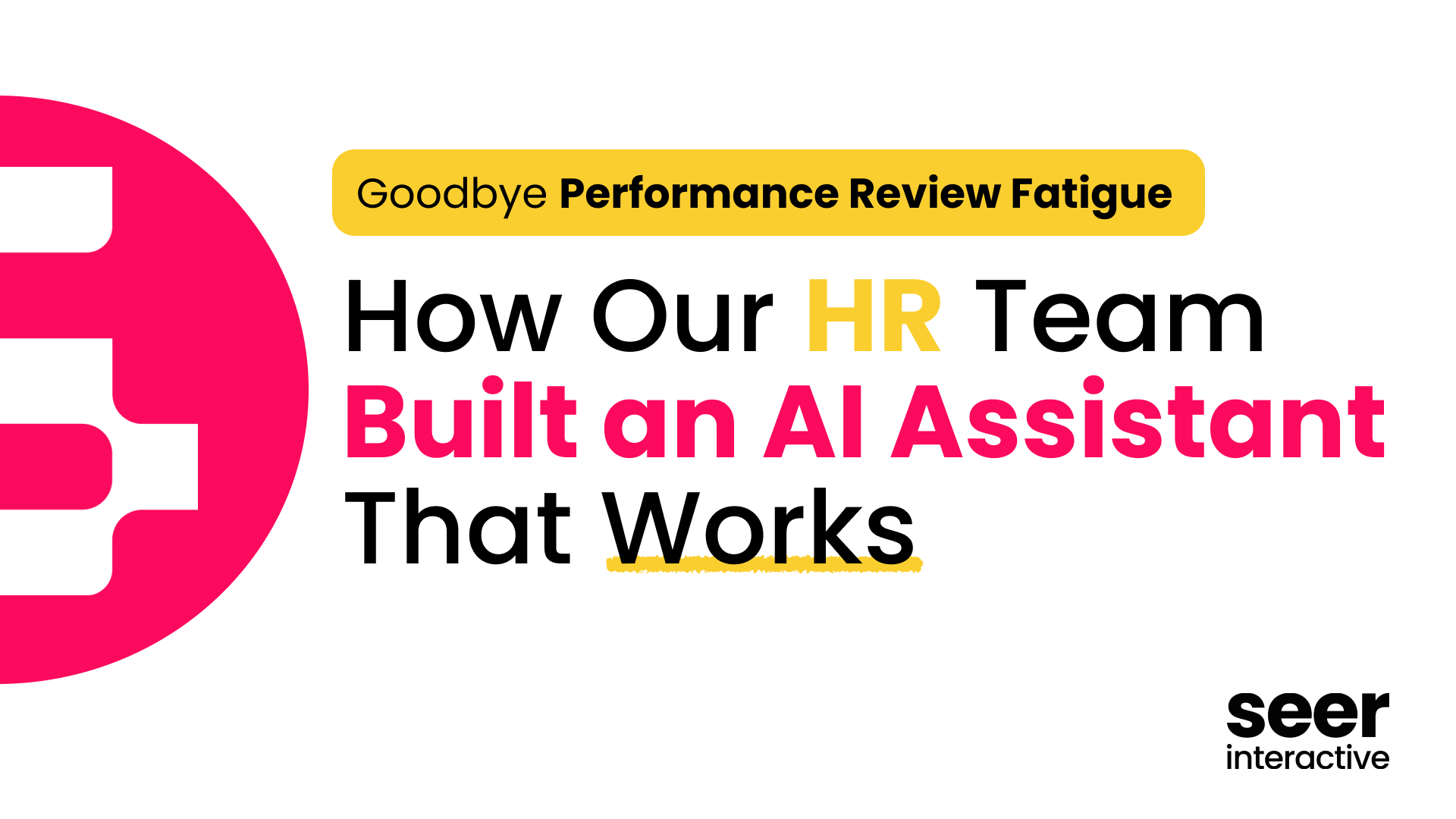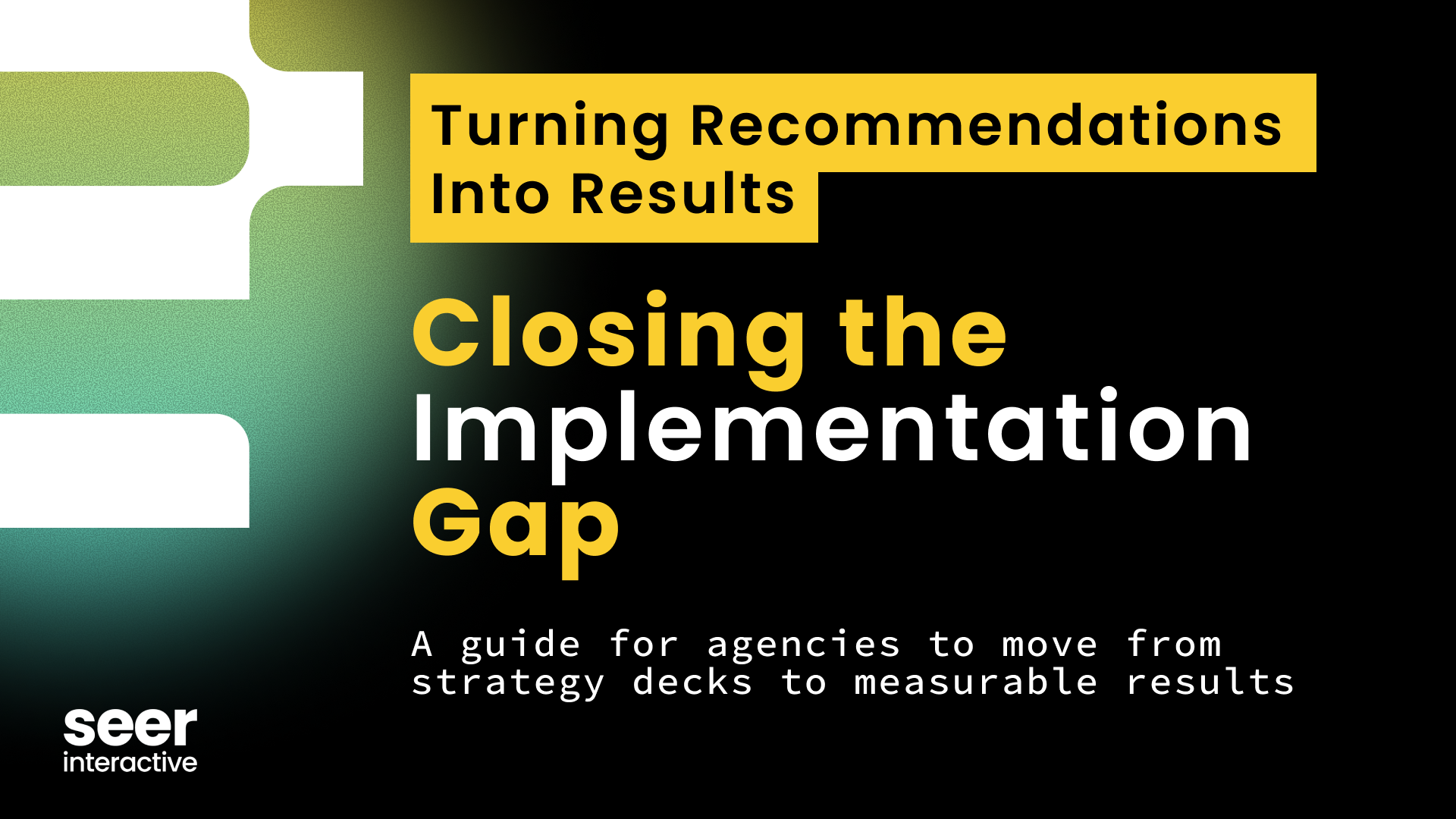Deadlines. They are a necessary and unavoidable aspect of our lives. But did you know that you can actually leverage deadlines to build your career, client base, or personal brand?
Leveling up your time and project management skills will enable you to manage your workload more strategically and, ultimately, provide a greater ROI to your organization.
Why meeting deadlines is vital to your success
While some due dates in life allow for flexibility, when it comes to your career, hitting deadlines is absolutely imperative.
When deadlines are met on a consistent basis, it creates trust and builds relational equity between you and the other party.
Meeting deadlines builds trust by showing you will do what you’ve committed to doing. This also builds relational equity which allows you to provide influence in working relationships, which could open the door to future career opportunities.
When trust and relational equity are increased between team members, managers, and clients, it can pave the way for many opportunities:
- That promotion you’ve been working for
- The ability to influence clients by giving trusted recommendations
- Being trusted to lean into new areas of business, increasing your experience
- Higher client retention
- An increase in new clients from positive word-of-mouth advertising
4 Tips for Hitting Your Deadlines
Armed with the knowledge of how to utilize deadlines to your advantage, let’s dive into some tips for ensuring that you’re able to meet said deadlines.
#1 Set your internal due date BEFORE the actual deadline
Life is full of surprises. You never know when a last-minute meeting will pop up or when you will need to take some sick time. Practice setting an internal due date that serves as your own deadline to complete your latest project. When you set an internal due date for yourself a few days prior to the actual deadline, it allows space for unexpected delays and won’t leave you scrambling to hit your deadline when something does pop up.
#2 Create a timeline for completion
When you are working on multi-step projects or tasks, it’s helpful to create a timeline for completion. This can help you stay on pace with various deadlines and avoid pulling an all-nighter in order to make your deadline. It can also empower you to deliver your best work because you won’t be frantically rushing toward the finish-line. Create your timeline by following these steps:
-
Choose your internal due date
-
List all the steps needed to complete the project
-
Write down approximately how long each step of the process will take
-
Create mini-deadlines for when each step should be completed
-
Block time for each step on your calendar, working backwards from your internal due date
Remember to include some buffer space in your timeline for any additional steps that may be necessary. An example of this could be your teammates needing to provide feedback on your case study before it is presented to the client.
#3 Leverage Tools & Technology support deadline management
There are a wealth of tools available that can help lighten the mental load of tracking deadlines. The more items we mentally carry, the more likely one (or a few) will slip through the mental cracks… and there goes the deadline. Below are some tools to utilize in tracking everything from task completion to the final deadline:
-
Project management tools like Monday, Wrike, Trello, Asana, etc. have features that allow you to track due dates and the exact status for each step. They also provide conversation spaces that allow you to tag in co-workers to the conversation. If you don’t have access to these tools through your employer, many of them also offer free versions!
-
Your calendar is a great, and often overlooked, tool! You can utilize your calendar by scheduling tasks to complete (this is known as time blocking) or scheduling a reminder for yourself to tap that person you may be waiting on in your project timeline. Another way to use your calendar is by creating an ad-hoc hold where you can toss in a list of action items as they come your way throughout the day. This relieves you from having to figure out when to complete the 10 small tasks that are waiting on you as you already have the time set aside.
-
You can even use a Google doc or sheet to list out all of your current tasks and final due dates. Having everything captured in one place will free up mental space and also decrease that panicky sensation that plagues us all when we think we’ve forgotten an important deadline!
#4 How to miss a deadline well
Even though we just discussed the importance of hitting deadlines at length, sometimes we have too many balls in the air at once and a deadline inevitably falls by the wayside. Even with all of the tips and tools that are outlined here, we are still human and a deadline is bound to be missed at some point.
When a missed deadline is handled appropriately, it can actually build trust and relational equity, instead of breaking that trust and deteriorating the relationship.
The key to missing a deadline well is proactive communication and demonstrating a sense of accountability. Giving your boss a week’s heads up about missing an upcoming project deadline (or that you might miss it) is very different than waiting until after the due date has passed, to inform your manager that the deliverable will be late. When you realize that you will not meet the original deadline, speak up as soon as possible, apologize for the delay, and propose a new deadline that you can realistically achieve.
Demonstrating this type of self-leadership through ownership and accountability will preserve the trust and relational equity you’ve worked hard to build! Additionally, you can take it one step further by proactively developing solutions to ensure that you will not miss future due dates. For example, you could set up automated notifications for yourself regarding upcoming due dates.
Conclusion
Juggling multiple deadlines can feel like a daunting task, but learning how to successfully adhere to these due dates could be the catalyst for career growth. Leaning into practices that will support you in meeting deadlines will ultimately get your clients, your team, and yourself where you want to be. It’s a win - win situation!


